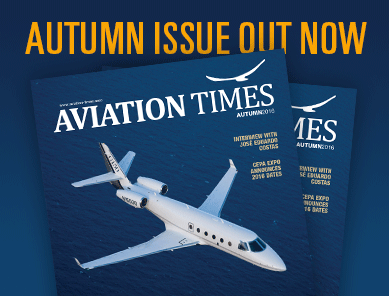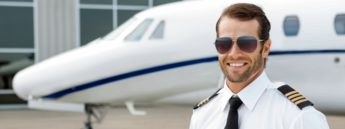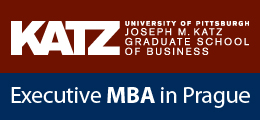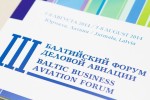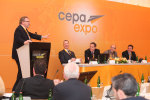Russian Rulings on Grey Charters
For a number of years it has been known that the regulators of business aviation in Russia have organized the regulation of the industry in a way that allows affiliated legal entities and selected market participants to have an unfair competitive advantage. The phenomenon of grey charters (or the operation of foreign-registered business aircraft in Russia that are documented as private flights, but that are, in reality, commercial flights) is kept in existence as a result of shared governmental and private interests.
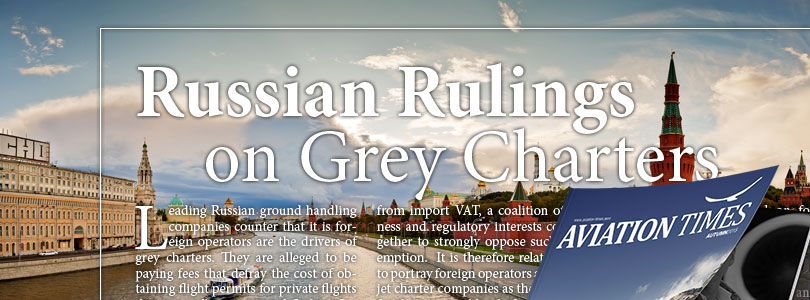 Leading Russian ground handling companies counter that it is foreign operators are the drivers of grey charters. They are alleged to be paying fees that defray the cost of obtaining flight permits for private flights that are really commercial flights. International operators and foreign jet charter companies counter that they would much prefer not to be required by “Russian practices” to pay certain fees to obtain flight permits.
Leading Russian ground handling companies counter that it is foreign operators are the drivers of grey charters. They are alleged to be paying fees that defray the cost of obtaining flight permits for private flights that are really commercial flights. International operators and foreign jet charter companies counter that they would much prefer not to be required by “Russian practices” to pay certain fees to obtain flight permits.
Foreign operators and foreign jet charter companies would much prefer a set of standardised fees for permits and not rely on the increasingly uncomfortable game of winks, nods and payments of fees for flight permits that classify commercial flights as “private flights”.
One of the main obstacles to customs clearance of business jets is that Russia has not created an exemption from import VAT for business jets. In the absence of an exemption from import VAT Russian owners of business aircraft (typically high net worth individuals) almost without exception register their aircraft in a neighbouring European country.
Whenever there is a proposal that Russia should to create an exemption from import VAT, a coalition of business and regulatory interests come together to strongly oppose such an exemption. It is therefore relatively easy to portray foreign operators and foreign jet charter companies as the scapegoats for the perceived level of grey charters.
An important recent court case, Aerotrans and Rosaviatsia v. the Federal Antimonopoly Service (FAS) of the Russian Federation, the court decisions make interesting reading. In a decision dated July 16, 2013, FAS held that both Rosaviatsia and Aerotrans had violated the Russian law “On the Defense of Competition”. They had entered into an anticompetitive agreement that would limit competition in the business of the obtaining of flight permits.
According to law, Rosaviatsia is supposed to issue permits to foreign aviation operating companies and to agree the fees payable for flight permits to operate flights across Russia. Rosaviatsia is supposed to have exclusive jurisdiction over the issuance of “one -time permits” for operation of foreign registered aircraft within Russia. This has created a situation in which, according to anecdotal reports, 80 percent of all domestic flights within Russia are conducted on foreign registered aircraft and are presented as being “private” when they are understood to be “commercial” by their participants.
Documents filed with FAS and the courts have establish that Aerotrans is a commercial organization that is in the business of providing organizational services for flights, including obtaining flight permits from the aviation regulators of the Russian Federation. Aerotrans conducts this business as it has a certificate issued by Rosaviatsia. Aerotrans and Rosaviatsia entered into a Cooperation Agreement dated January 14, 2005. In the Cooperation Agreement Aerotrans and Rosaviatsia agreed to undertake joint activity to facilitate operational control over the conducting of unscheduled and “one – time” internal and international flights conducted by Russian and foreign users of Russian airspace.
Aerotrans and Rosaviatsia also entered into an agreement as of March 30, 2012 providing fees for services, in particular information services in aviation, including the issue of flight permits and the collection and processing of requests for flight permits. FAS and the courts argue that under the Chicago Convention for International Civil Aviation, each nation is supposed to name a single governmental organisation to handle the issuance of flight permits. This requirement is also reflected in the Russian Federal aviation rules approved by the Ministry of Transportation.
An investigation by the General Prosecutor’s Office of Russia, dated April 12, 2013, established that the functions of Rosaviatsia connected with the issuance of flight permits, which are supposed to be provided for free, have been transferred to the commercial organization, Aerotrans. In other words, the governmental function of issuing flights permits had been privatized for private gain.
The Ministry of Transportation also ruled that Rosaviatsia was issuing
flight permits illegally and sent official communications to Rosaviatsia to develope a new regulation demanding that permits be issued in conformance with Russian law. Rosaviatsia refused to carry out these legal requirements and refused to amend its rules accordingly.
This inaction by Rosaviatsia was held by FAS to be a violation of Russian law by giving access to information to Aerotrans in a prioritized manner. Rosaviatsia rules continue to require that an application for a one-time permit was to be submitted to Rosaviatsia and to Aerotrans. As a result, Aerotrans has had an advantage in obtaining flight permits.
The result was that the great majority of operators were persuaded to enter into agreements to obtain flight permits exclusively from Aerotrans, which was a violation of Russian law. The FAS’s decision was upheld by an Arbitration Court of the City of Moscow on March 5, 2014, and was upheld by the Ninth Arbitration Appeals Court as of May 26, 2014.
An appeal by Rosaviatsia and Aerotrans against the FAS decision was heard by the Federal Arbitration Court for the Moscow Region on August 28, 2014.
The FAS decision was upheld and Aerotrans is no longer in a favoured position to obtain flight permits.
Publishing or copying the content of AVIATION Times without a written electronic permission is strictly forbidden. If you have any information, tips, videos, photos or your press releases for us contact us at news@aviation-times.aero.
AVIATION TIMES © Copyright 2012 - 2026

